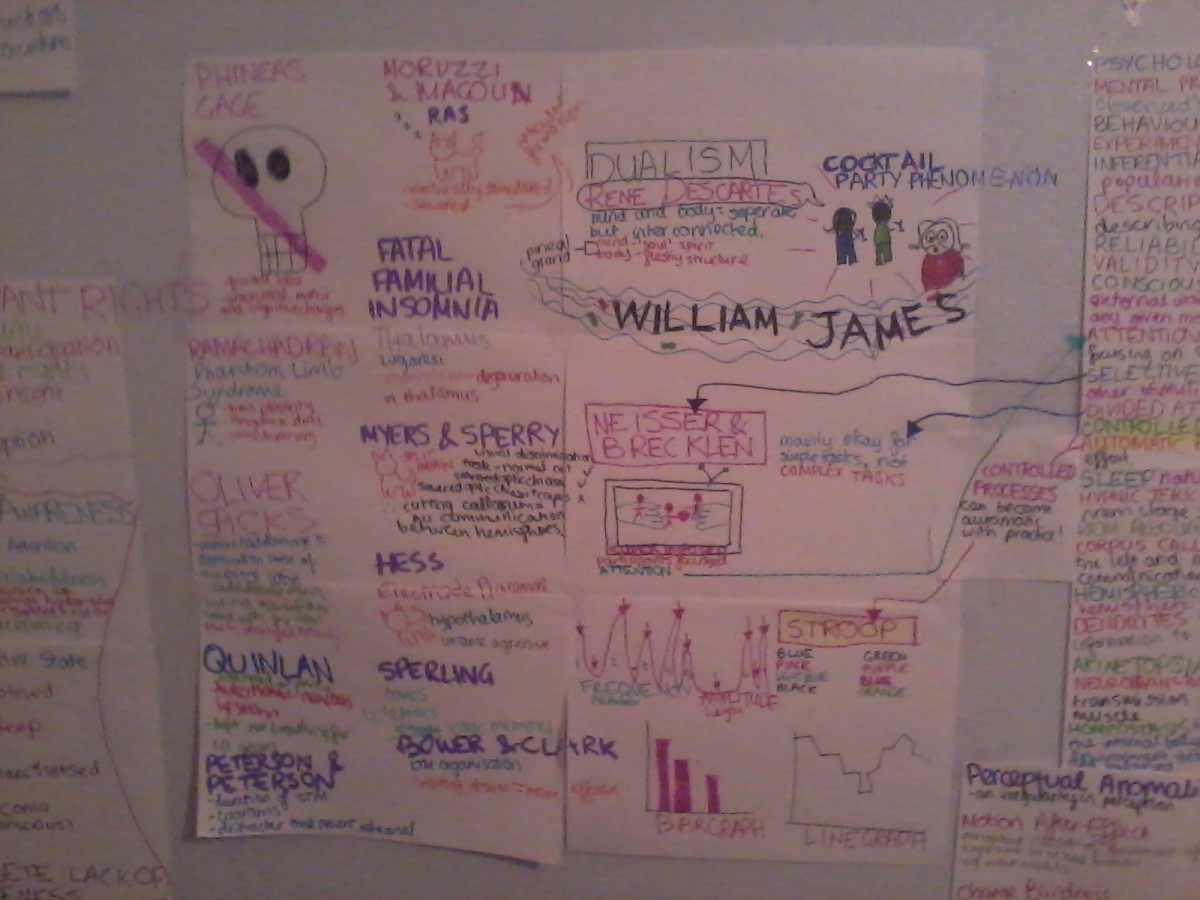Memorization vs. Learning
Moving Beyond the "Study Guide"
Yesterday, I was helping my daughter go through a study guide in preparation for a quiz on the Roman Empire. It was a fairly typical junior high school social science study guide. This little quiz was going to cover about five hundred years of history, and it touched on the standard famous names, dates, and events. Whenever I see these things, I tend to get a bit frustrated. Students are often expected to memorize a bunch of nitpicky details that do little to provide any understanding of the development and significance of the general topic or civilization being addressed. And when they study, they seem to think that it is essential to memorize the exact wording on the study guide rather than simply understanding the basic meaning of the words. So naturally, students learn over the years that they are expected to memorize a bunch of words long enough to pass the upcoming quiz or test. And when the test is over, it’s time to move on to the next set of relatively meaningless words.
But instead of getting frustrated, I decided to try and make things more interesting. This is what I am supposed to do for a living, after all. So I tried to present the material on the study guide as a story. This is partly because a story is more meaningful and alive than a set of random words. Stories have a logical sequence of events. They also have living characters facing situations that most of us experience in one form or another. But even if a person could care less about getting anything out of a history class except for a decent grade, it still makes sense to approach history as a story. It is just so much easier. Our brains are already hardwired to form narratives from the day-to-day experiences of our lives. If we are doing this continually in the present, then why not do the same thing when we attempt to make sense out of the collective past. Memorizing random, meaningless words and numbers is just so much harder.
In the end, I ended up enjoying talking history with my daughter. She seemed to like it a little bit too, and amazingly enough, this twelve-year-old kid, who is supposed to hate learning and generally cares more about responding to the latest text messages than getting anything out of school, started to ask some really good questions. Before I knew it, we were discussing the situation in Syria, the typical techniques that governments use to maintain order, the possible origins of Christianity, and the forces that typically cause empires to collapse. Clearly, I need to go through more of her study guides in the future. It’s unfortunate that too often, those study guides get in the way of actual learning.
One of my biggest struggles as a community college instructor is getting students to move beyond rote memorization. It is often a battle against thirteen years of primary and secondary education (and possibly some college courses as well) in which this kind of “learning” was apparently encouraged and rewarded. It is also a battle against many students’ fears and insecurities. Many prefer to be told what to memorize. It saves one the trouble of actually thinking and drawing meaningful information from the details. But while being told what to memorize might help someone get through certain types of tests, it tends to stifle actual learning. And if you are given a test that rewards the ability to use basic logic, comprehend meaning rather than memorize words, recognize cause and effect, and determine the relevance of the information, blind memorization just makes your life much more difficult. Understanding the basic plotline is so much easier than cramming miscellaneous information into your brain.
A certain amount of memorization, however, is required in any field of knowledge. As a teacher, the trick is separating the more essential facts from the trivia. But what kinds of assessment techniques and teaching strategies can help students take the next step, moving beyond memorization into the realm of higher level thinking skills? I guess that I will spend whatever is left of my teaching career trying to answer that question more effectively.








